In the present age of health-conscious living, keeping track of our weight and measuring ingredients accurately has become increasingly important. Whether you're striving for a specific target weight or aspiring to create culinary delights, having the right measuring tool is essential. Two popular options for home use are digital scales and balances. These devices offer accurate measurements, but they differ in terms of precision and performance.
Let’s compare digital scales and balances to help you make an informed decision about which measuring tool best suits your needs. By understanding their unique characteristics, you'll be better equipped to select the ideal instrument to enhance your culinary adventures or achieve your fitness goals.
What Is a Precision Balance?

A precision balance is a sensitive measuring instrument used to determine the mass of an object with high accuracy. It is commonly used in laboratory, industrial, and educational settings where precise measurements are required. These balances exhibit a heightened level of sensitivity, enabling the measurement of exceedingly small variations in weight.
They generally come with a range of features such as tare function, automatic calibration, and varying weight capacities, making them suitable for a wide range of applications. Precision balances are essential tools for tasks such as chemical analysis, formulation, and quality control, where even the smallest discrepancies in measurements can have significant implications. Their precise and reliable performance makes them indispensable in various scientific and industrial processes, ensuring accurate and consistent results.
Why Are Precision Balances Important?
Precision balances are essential in laboratory and production environments due to their high capacity, rugged construction, and wide range of applications. These balances are designed to precisely measure and weigh large quantities of materials with accuracy, making them indispensable tools across various industries.
In sample preparation, precision balances are used to measure and mix precise amounts of chemicals and materials to ensure accurate results in experiments and analyses. In statistical quality control, these balances help in verifying the consistency and quality of products by accurately weighing samples for testing. They also play a vital role in formulation processes, where precise measurements are essential to create consistent and reliable products.
The durable construction of precision balances ensures their resilience and longevity, even in harsh and demanding production environments. Their high capacity allows for weighing larger quantities of materials, making them suitable for a wide range of applications in research, development, and production processes.
How Accurate Are Precision Balances?
Precision balances are renowned for their high level of accuracy in measuring the weight of substances, a quality determined by two main factors: trueness and precision. Trueness refers to how close the measured value is to the actual value, while precision refers to the closeness of agreement between individual measured values. In other words, trueness measures the accuracy of the measurement, while precision measures the consistency of the measurements.
In addition, it is important to differentiate between repeatability and readability when discussing the accuracy of precision balances. Repeatability signifies the balance’s ability to consistently reproduce the same measurement under the same conditions, whereas readability pertains to the smallest increment of weight that can be displayed and read by the balance.
The range of variation of repeated measurements on precision balances is crucial in determining their accuracy. A smaller range of variation indicates a higher level of accuracy, as it demonstrates consistent and precise measurements. This range of variation also provides an indication of the reliability and trustworthiness of the results produced by the precision balance. Overall, the accuracy of precision balances is determined by their ability to provide true and precise measurements, with minimal variation in repeated measurements.
What is a Digital Scale?

A digital scale is a kitchen tool used to accurately measure the weight of ingredients or food items. It features a digital display that shows the weight in either ounces, pounds, grams, or kilograms. Like a precision balance, it typically also has a tare function, which allows for the measurement of ingredients in a container by zeroing out the weight of the container itself. This feature is convenient for measuring and portioning ingredients accurately.
Digital scales offer benefits over mechanical scales, including precision, readability, and ease of use. They provide accurate and consistent measurements, which is essential for baking and cooking. In a kitchen setting, digital scales are used to measure ingredients for recipes, portion out food for meal prep, and control portion sizes for dietary needs.
Which is Better for Overall Home Use: Precision Balance or Scale?
Balances and scales both serve the purpose of measuring weight, but they differ in terms of capacity and precision as both instruments offer their unique features and advantages, making it essential to compare them to determine which one is better suited for your specific needs.
Precision balances are specifically designed to provide the highest level of accuracy and precision in weight measurements. They often have higher precision levels and can measure weights with greater detail. On the other hand, digital scales also offer accurate measurements but may have slightly lower precision compared to precision balances. For most home applications, the accuracy provided by digital scales is more than sufficient.
Digital scales are generally more user-friendly and intuitive. They often feature clear digital displays that are easy to read, and many models come with convenient functions such as tare, which allows you to subtract the weight of containers or ingredients. Precision balances, on the other hand, may require more calibration or knowledge to operate accurately, making them potentially less user-friendly for those without a scientific background.
In terms of versatility, digital scales are widely used in various applications, making them versatile for home use. They can measure both solid and liquid ingredients, making them suitable for cooking, baking, portion control, and general household weighing needs. Precision balances, although highly accurate, are primarily designed for scientific or specialized applications. They may not offer the same versatility as digital scales for everyday home use.
When it comes to weight capacity, digital scales often have a higher weight capacity compared to precision balances. If you anticipate needing to weigh larger items or ingredients at home, a digital scale with a higher weight capacity would be more suitable. Precision balances, with their focus on accuracy and precision, typically have lower weight capacities and are better suited for weighing smaller, more precise measurements.
In terms of cost, digital scales are generally more affordable and readily available compared to precision balances. Precision balances are precision instruments with advanced features, which can contribute to their higher price point. If budget is a consideration, digital scales offer a cost-effective option for accurate weight measurements at home.
Ultimately, the choice between a digital scale and a precision balance for home use depends on your specific requirements. Consider factors such as accuracy, ease of use, versatility, weight capacity, and cost to make an informed decision that aligns with your needs and preferences. Both digital scales and precision balances offer reliable weight measurements, and the choice ultimately depends on how you intend to use them in your home.
Takeaway
When deciding between a digital scale and a precision balance for home use, several factors should be considered. Precision balances are highly accurate and precise, suitable for scientific and specialized applications, but may require more calibration and have lower weight capacities. Digital scales are versatile, user-friendly, and affordable, making them ideal for everyday home use in cooking, baking, portion control, and general weighing needs. They have higher weight capacities and offer convenient features like tare functions. Ultimately, the choice depends on the user's specific requirements, such as the desired level of accuracy, ease of use, versatility, weight capacity, and budget. Both options provide reliable weight measurements, and the decision should align with the individual's needs and preferences.
Renpho Health Tips
-
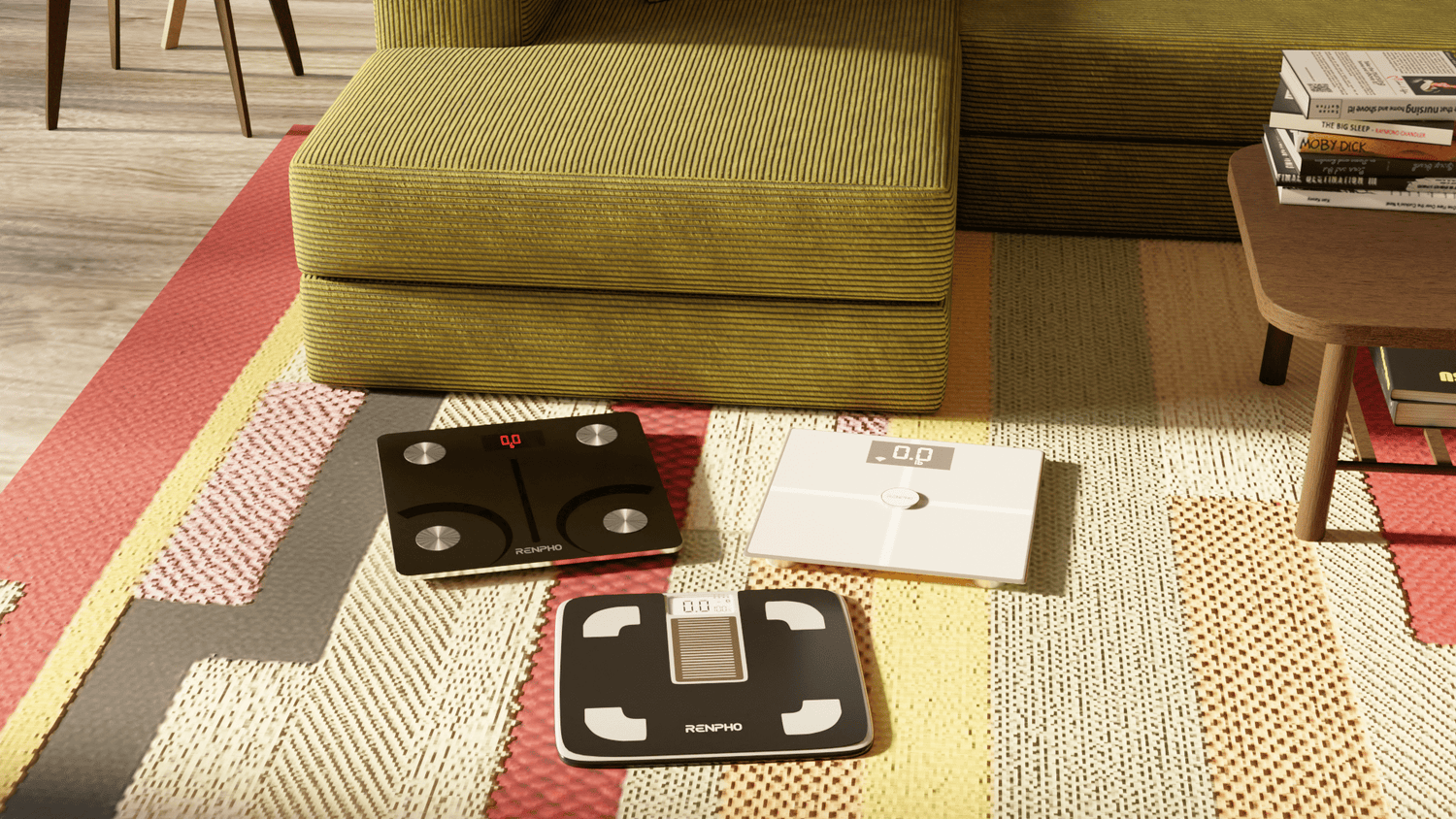
Step Up Your Fitness Game: How Elis Smart Scales Are Taking Over Social Media
February 7, 2024
Read more >
-
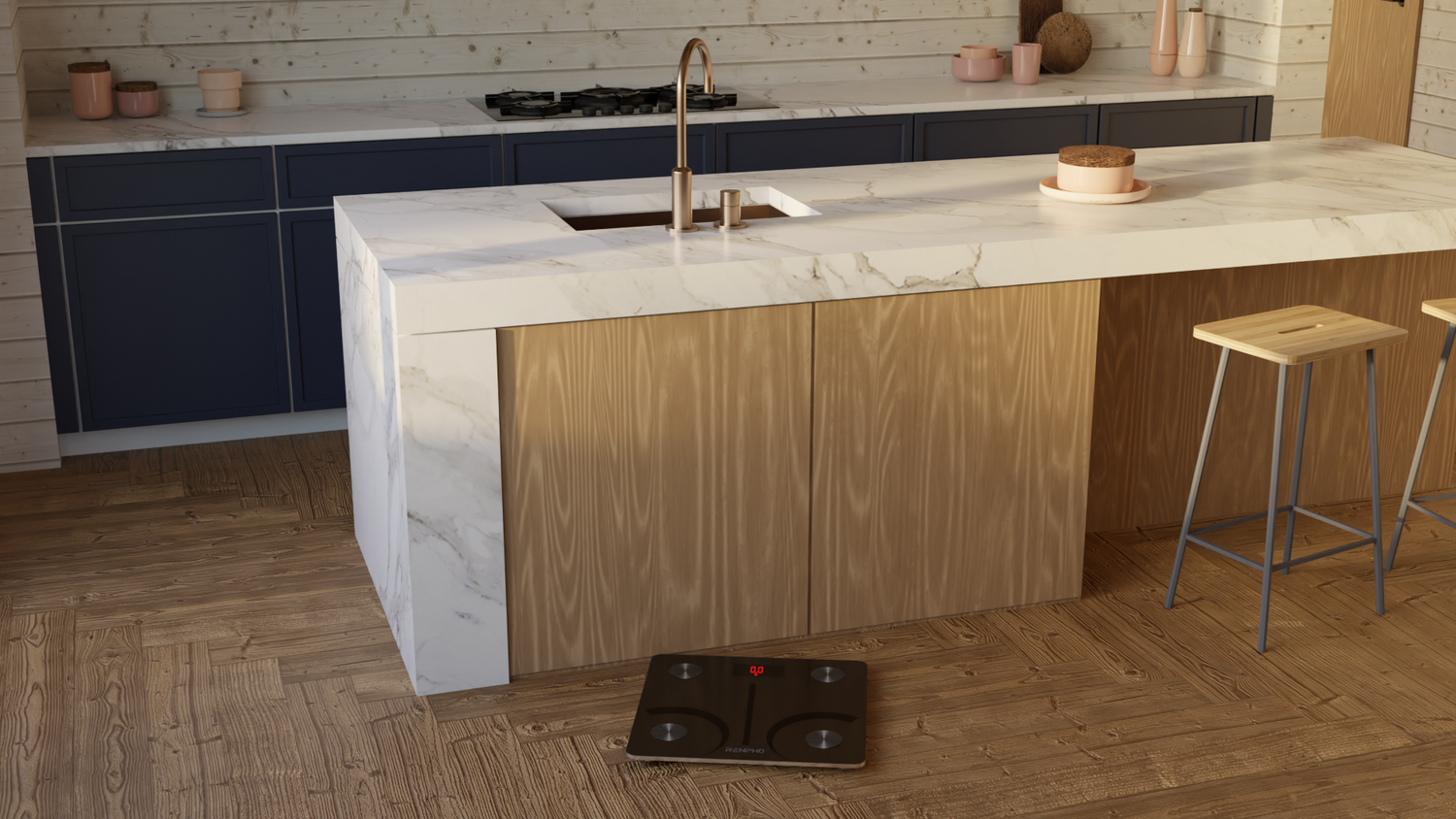
The Hidden Factors: Why Do Digital Scales Fluctuate So Much?
February 6, 2024
Read more >
-
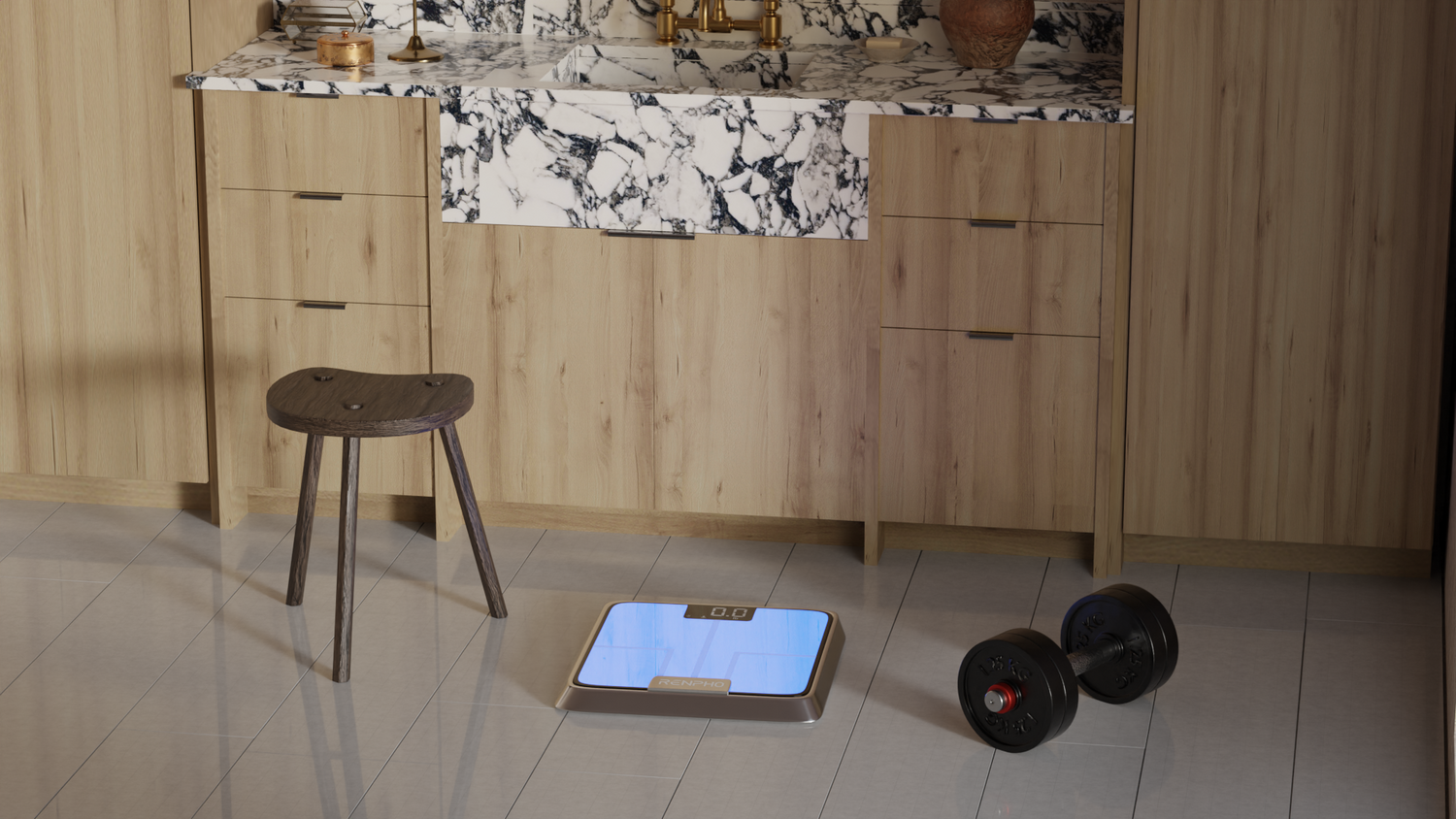
How to Test Your Bathroom Scale for Accuracy
January 29, 2024
Read more >
-
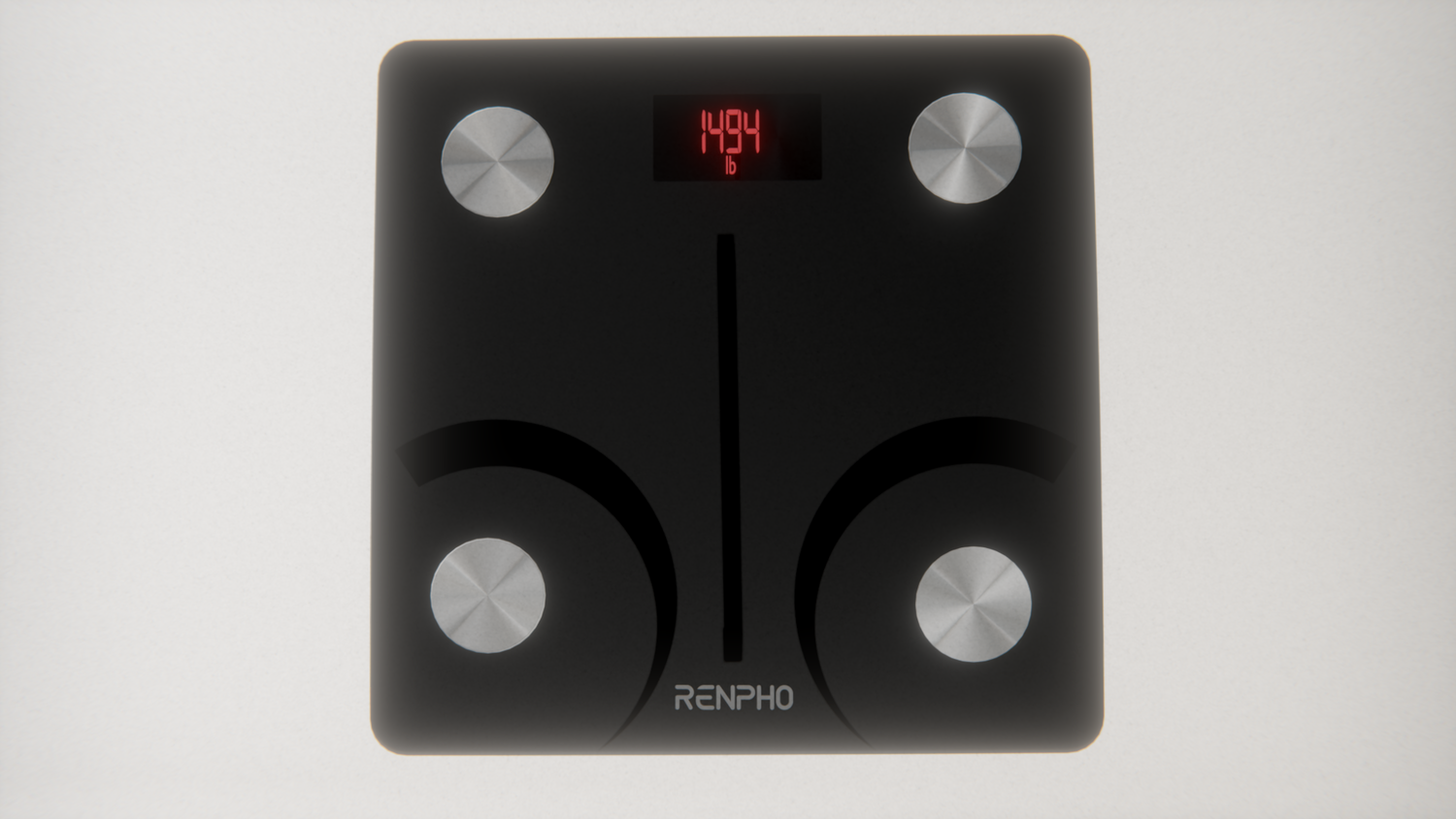
Why You Need a Smart Body Scale in 2024
January 25, 2024
Read more >
-
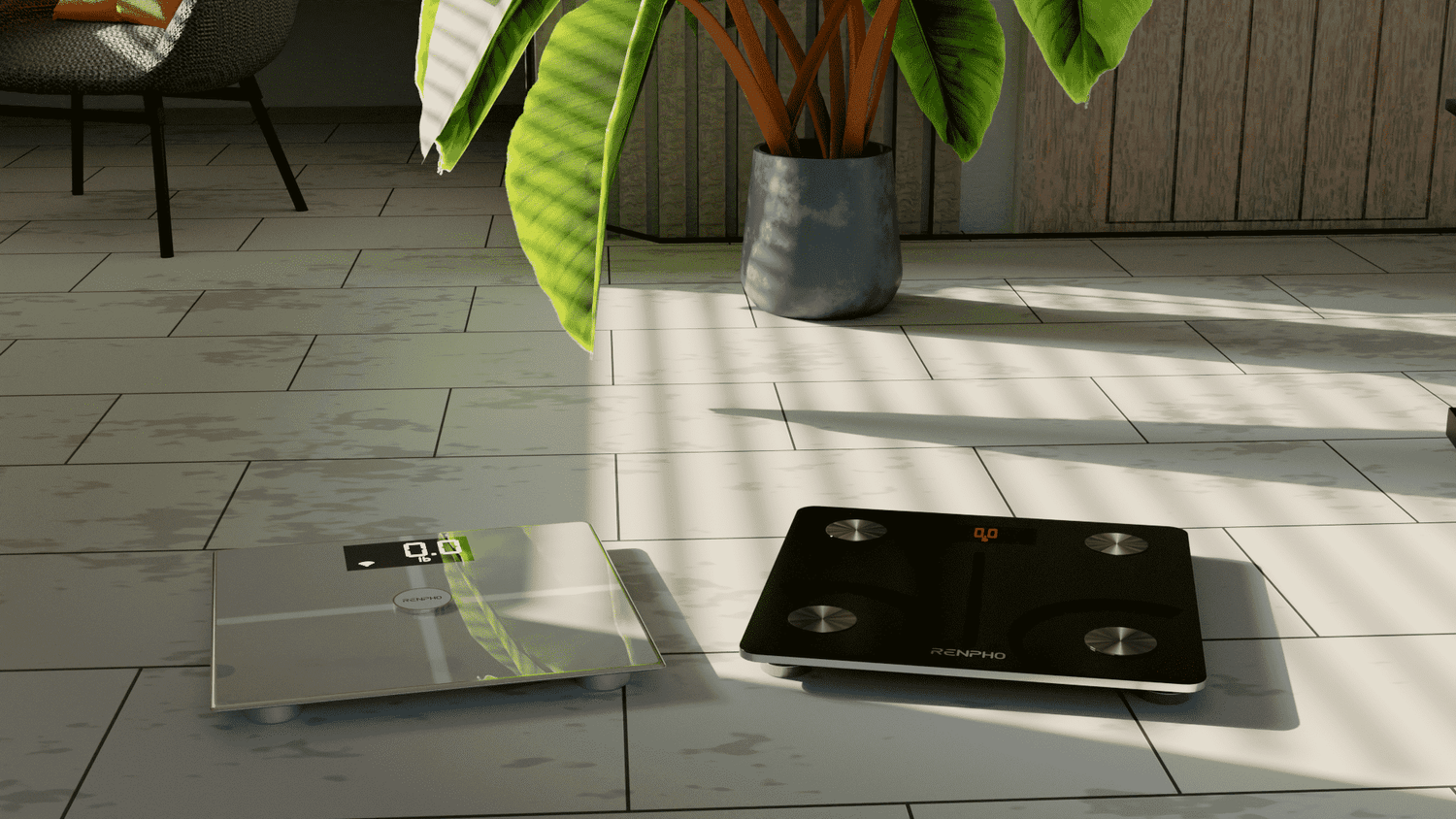
Why You Should Buy an Easy Setup Scale ASAP
January 22, 2024
Read more >




































